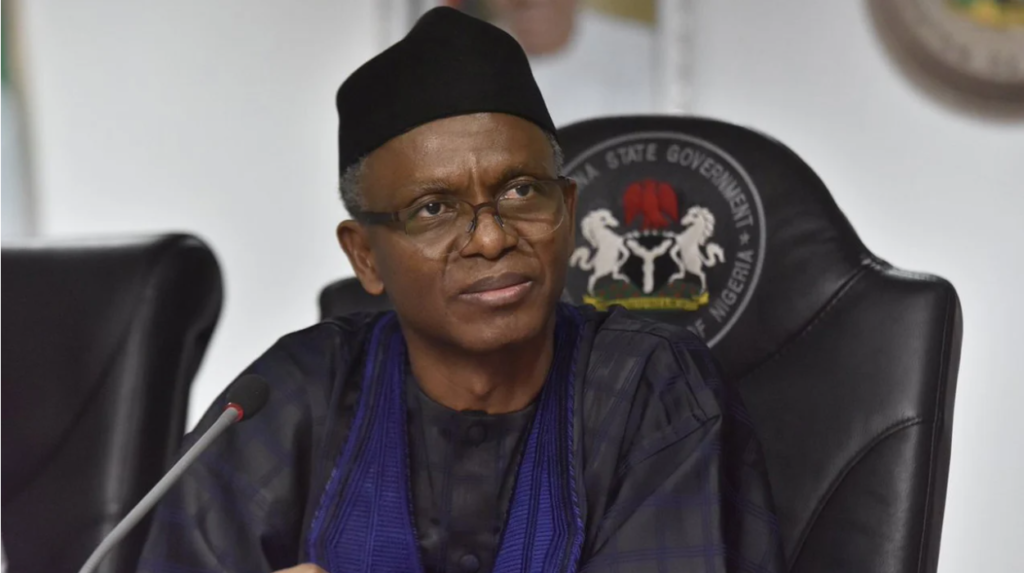While many Nigerians know the name Nasir El-Rufai—former governor, federal minister, policy reformer—few know the woman who raised him. Even fewer have ever seen her. Her name is Hajiya Fatima, and though she shuns the spotlight, her life tells a story of resilience, sacrifice, and quiet strength.
Born into a Fulani family in northern Nigeria, Fatima’s upbringing reflected the cultural norms of her time—strong on tradition yet limited in educational opportunities for women. She would go on to become the third wife of Mallam Ahmad Rufai Muhammad, a junior agricultural officer stationed in the rural town of Daudawa, now in Katsina State. Her husband, known for his self-education and commitment to grassroots development, provided a modest but principled life for the family.
That life, however, was abruptly shaken in 1967, when Mallam Ahmad passed away. Nasir was only about seven years old. Fatima, now a young widow, faced the daunting task of raising her children in a patriarchal society with scarce financial resources. But she did not face it alone. The strength of the extended family—and particularly the intervention of Yahaya Hamza, her late husband’s relative—proved pivotal.
Hamza, a senior civil servant, took young Nasir under his wing, sponsoring his education and acting as a surrogate father. Fatima steadfast presence ensured that her son not only stayed in school but also thrived—ultimately rising to become one of Nigeria’s most intellectually formidable public servants.
Though Hajiya Fatima has never held public office or pursued a professional career, her influence has been no less significant. Family members often describe her as deeply private, rooted in home and tradition. Nasir El-Rufai himself has occasionally referenced his humble beginnings, alluding to the strength and sacrifices of those around him—chief among them, his mother.
In recent years, glimpses of her have surfaced through family social media posts. She has been lovingly referred to as “Gogo Fatima” by her grandchildren, and in one touching moment, was seen traveling with her son during a private holiday—known then by the affectionate title, “Hajia Umma”, or “Mother.” These rare appearances affirm what family sources suggest: that she remains a cherished and central figure in El-Rufai’s life.
Her story, though largely undocumented, embodies the silent narrative of countless Nigerian women—women whose lives may not be recorded in books, but whose influence reverberates through generations.
In a society where visibility often defines legacy, Hajiya Fatima’s legacy is different. It is not one of headlines or public accolades, but of quiet decisions, early morning prayers, hard-earned meals, and an unyielding belief in the future of her children. She may never grant an interview or speak on a podium, but her impact is written in the life of a son who rose from Daudawa to the heart of Nigerian politics.

